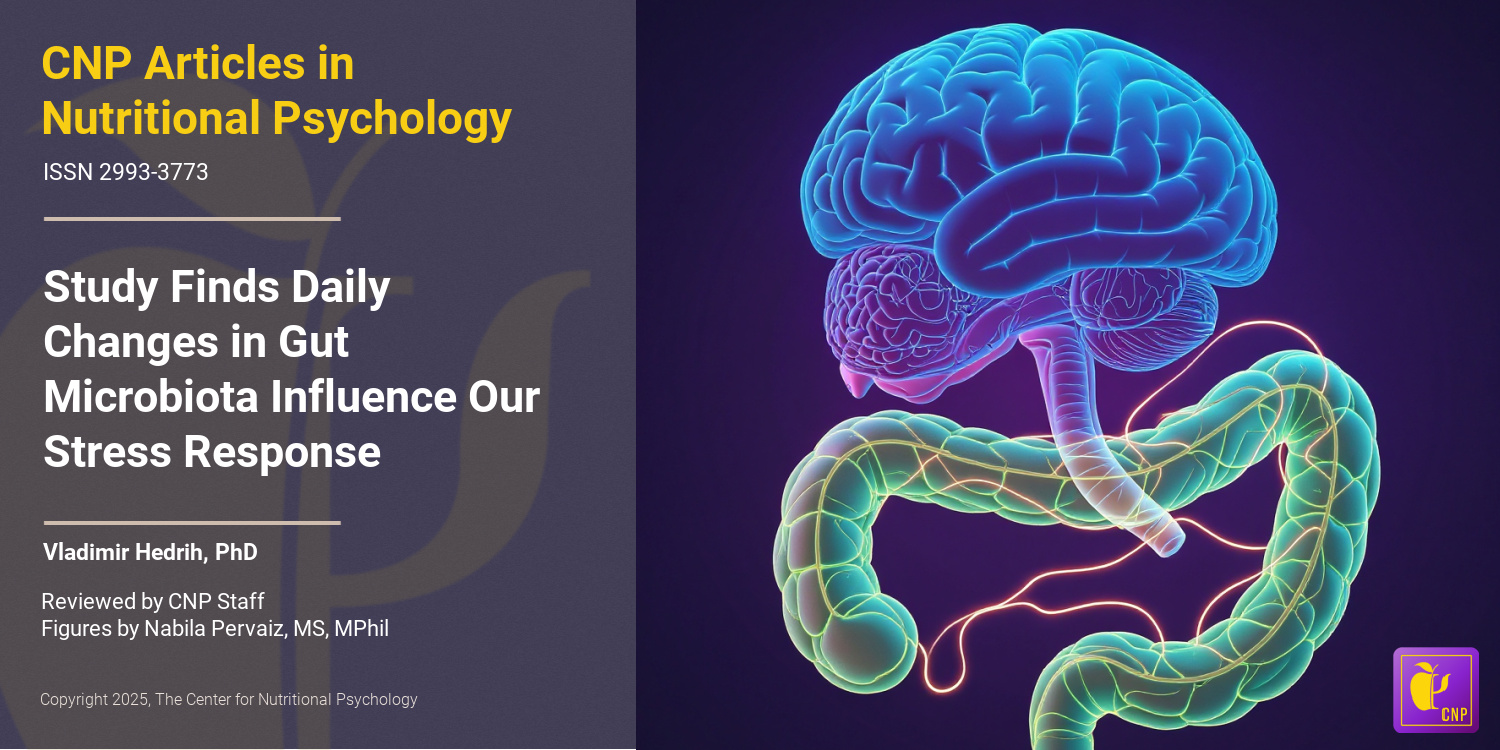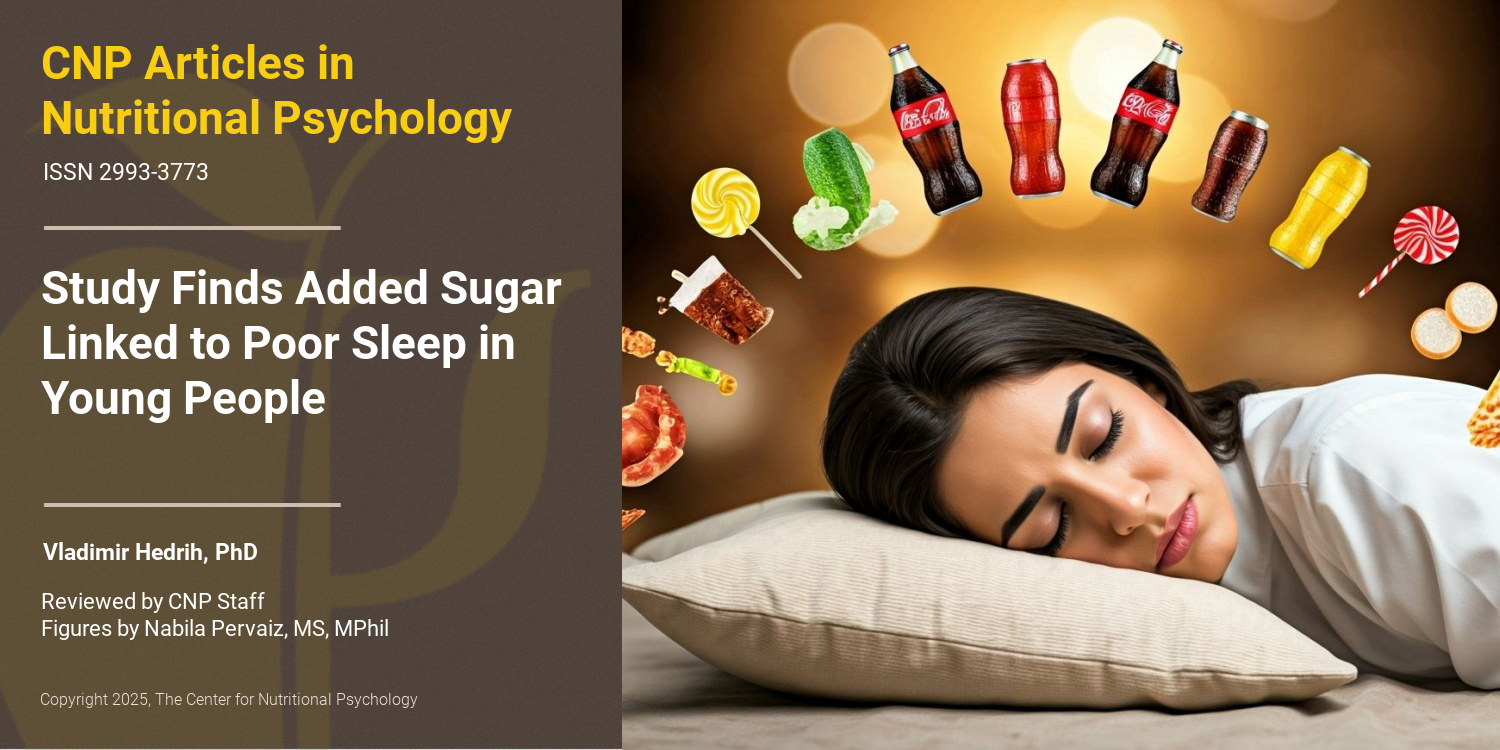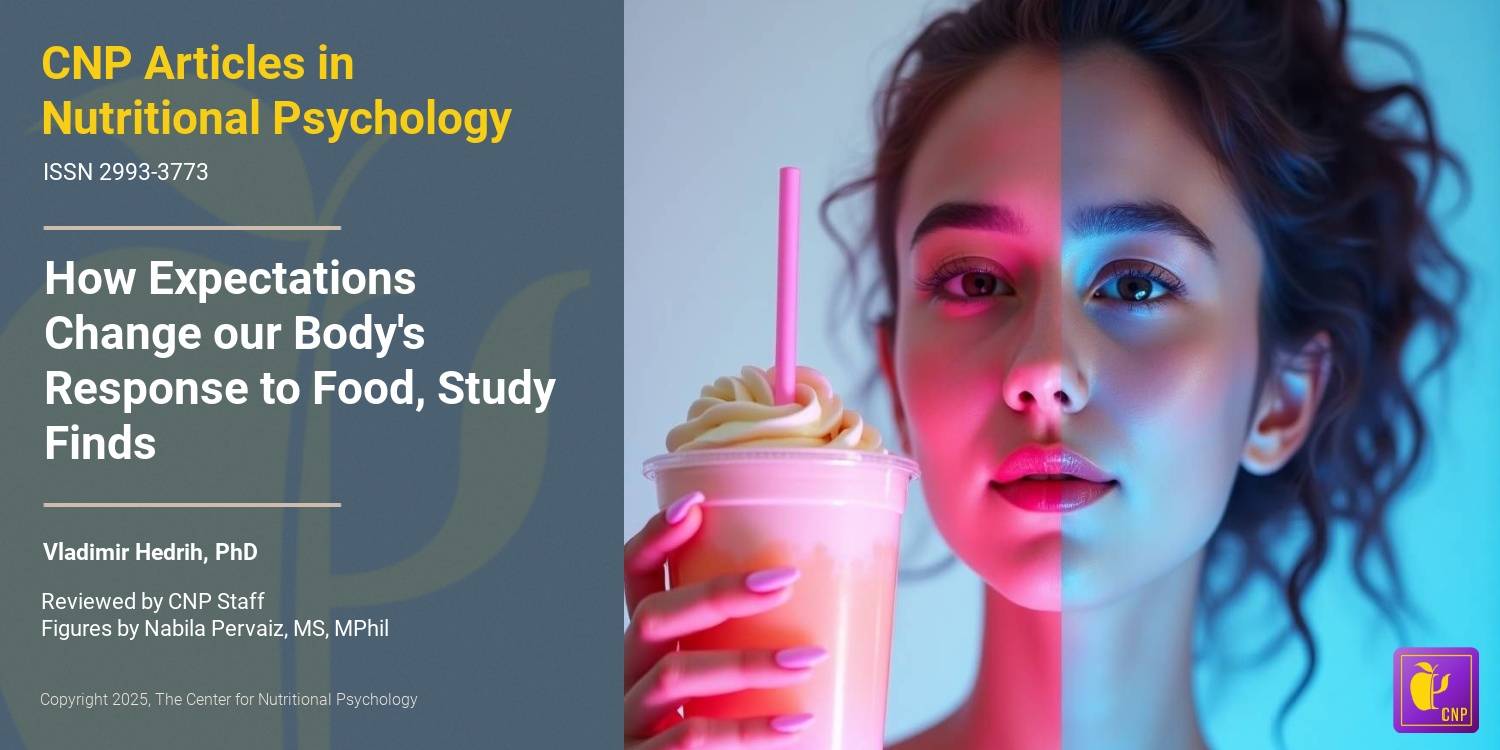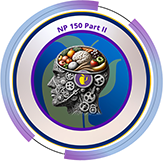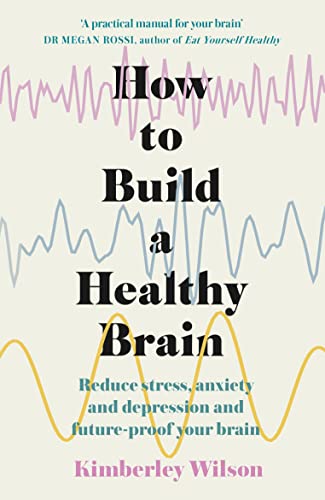
A groundbreaking science-based guide to protecting your brain health for the long term.
Whatever your age, having a healthy brain is the key to a happy and fulfilled life. Yet, for both young and old, diseases of the brain and mental health are the biggest killers in the 21st century. We all know how to take care of our physical health, but we often feel powerless as to what we can do to protect our mental well-being too.
How to Build a Healthy Brain is here to help. Written by a passionate advocate for the importance of mental health, Chartered Psychologist Kimberley Wilson draws on the latest research to give practical, holistic advice on how you can protect your brain health by making simple lifestyle choices. With chapters on Sleep, Nutrition, Exercise and Meditation, Kimberley has written an empowering guide to help you look after both your physical and mental well-being.
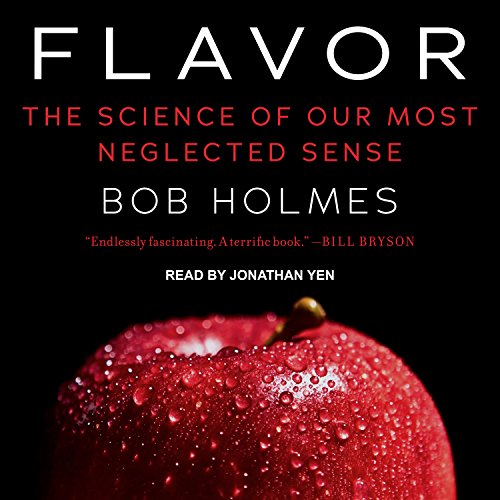
Can you describe how the flavor of halibut differs from red snapper? How Brie differs from cheddar? For most of us, unfortunately, the answer is: badly. Flavor remains a vague, undeveloped concept we don’t know enough about to describe – or to appreciate – fully.
In Flavor, Bob Holmes shows us just how much we’re missing. He tackles questions like why cake tastes sweetest on white plates, how wine experts’ eyes fool their noses, and how language affects flavor. He peers over the shoulders of fascinating food professionals engineering the perfect snack, chefs seeking surprising new flavor combinations, and even mathematicians pursuing the perfect pizza topping. He reveals how we can all sharpen our senses using professional techniques to name and describe flavors articulately. Whether you’re someone who likes to cook creatively, delve into cutting-edge science, explore nutrition trends, or just eat, Flavor will open your mind and palate to a vast and exciting sensory world.
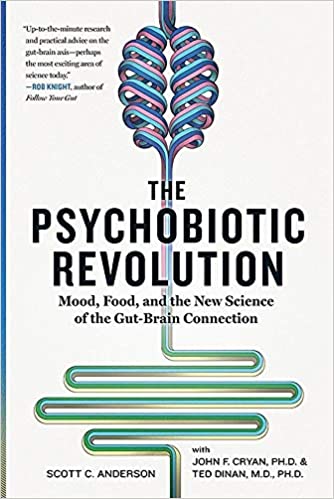
Written by the leading researchers in the field, this information-rich guide to improving your mood explains how gut health drives psychological well-being, and how depression and anxiety can be relieved by adjusting your intestinal bacteria.
This groundbreaking book explains the revolutionary new science of psychobiotics and the discovery that your brain health and state of mind are intimately connected to your microbiome, that four-pound population of microbes living inside your intestines. Leading medical researchers John F. Cryan and Ted Dinan, working with veteran journalist Scott C. Anderson, explain how common mental health problems, particularly depression and anxiety, can be improved by caring for the intestinal microbiome. Science is proving that a healthy gut means a healthy mind—and this book details the steps you can take to change your mood and improve your life by nurturing your microbiome.

A revolutionary prescription for healing depression and anxiety and optimizing brain health through the foods we eat, including a six-week plan to help you get started eating for better mental health.
Depression and anxiety disorders are rising, affecting more than fifty-eight million people in the United States alone. Many rely on therapy and medications to alleviate symptoms, but often this is not enough. The latest scientific advances in neuroscience and nutrition, along with our understanding of the mind-gut connection, have proven that how and what we eat greatly affects how we feel—physically, cognitively, and emotionally.
In this groundbreaking book, Dr. Drew Ramsey helps us forge a path toward greater mental health through food. Eat to Beat Depression and Anxiety breaks down the science of nutritional psychiatry and explains what foods positively affect brain health and improve mental wellness.
Dr. Ramsey distills the most cutting-edge research on nutrition and the brain into actionable tips you can start using today to improve brain-cell health and growth, reduce inflammation, and cultivate a healthy microbiome, all of which contribute to our mental well- being. He explores the twelve essential vitamins and minerals most critical to your brain and body and outlines which anti-inflammatory foods feed the gut.
He helps readers assess barriers to self-nourishment and offers techniques for enhancing motivation. To help us begin, he provides a kick-starter six-week mental health food plan designed to mitigate depression and anxiety, incorporating key food categories like leafy greens and seafood, along with simple, delicious, brain nutrient–rich recipes.
By following the methods Dr. Ramsey uses with his patients, you can confidently choose foods to help you on your journey to full mental health.
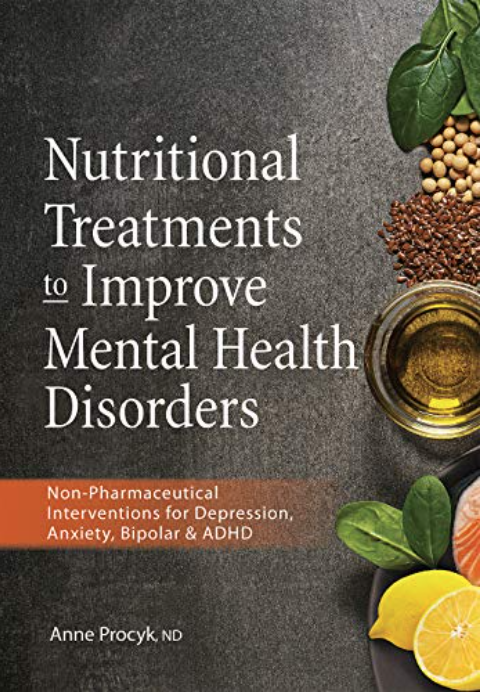
Nationally-recognized naturopathic doctor, Anne Procyk, ND, has created the go-to reference for anyone looking to improve their wellbeing. Using nutrition and non-pharmaceutical interventions, Dr. Procyk presents a biology-based approach to think more holistically about assessment, diagnosis and treatment of mental health issues.
– Correct the vitamin and mineral deficiencies that contribute to mental health symptoms
– How to feed your brain the right food to optimize focus and performance
– Strategies to improve sleep
– Identify common hormonal imbalances misdiagnosed as mental illness
– Case studies
– Handouts to empower clients
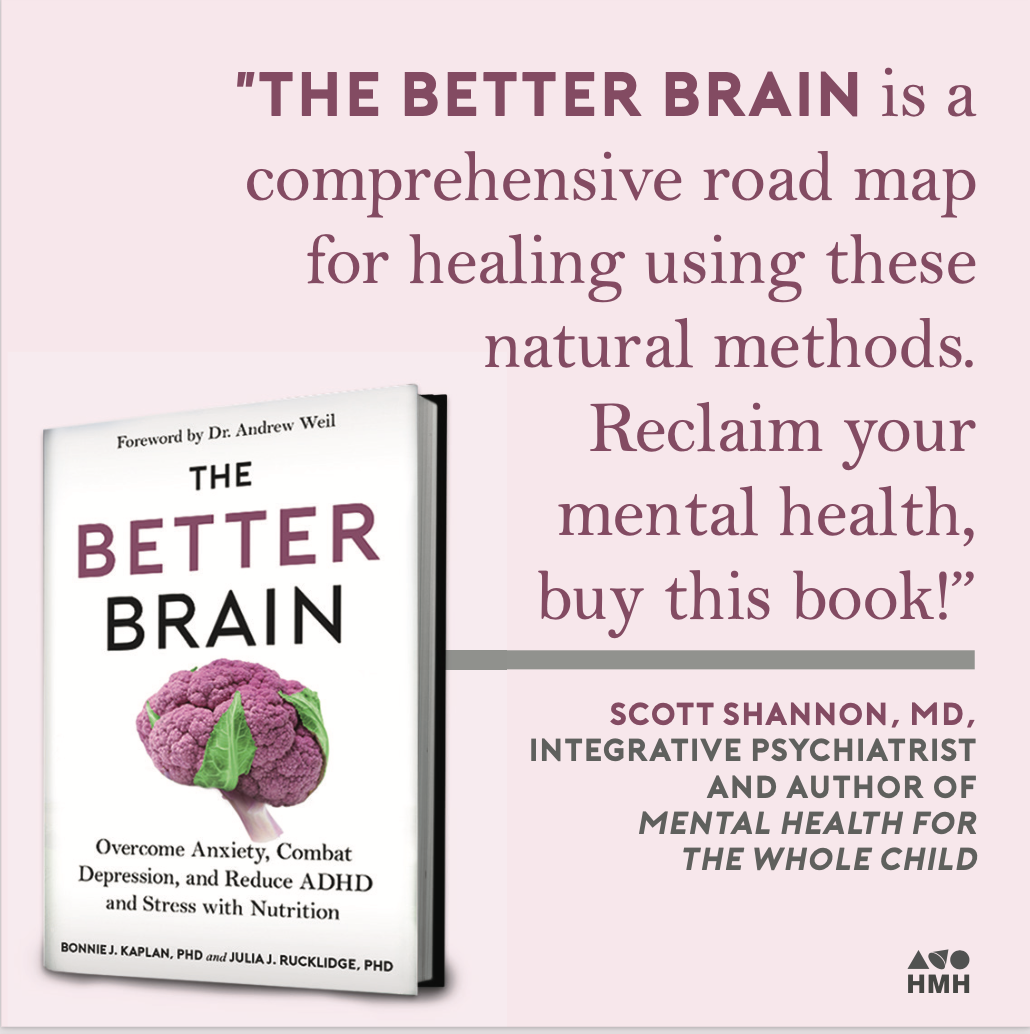
A paradigm-shifting approach to treating mental disorders like anxiety, depression, and ADHD with food and nutrients, based on the original, groundbreaking research of two leading scientists.
We are in the midst of a mental health crisis. An estimated one in five American adults suffer from some form of mental illness. Despite the billions of dollars spent in pharmaceutical research and the rising popularity of antidepressant drugs, we are more depressed and anxious than ever before. What if we’re looking for solutions in the wrong places? What if instead of treating mental illness with prescriptions and medication, we changed what we eat and how we feed our brains?
Leading scientists Bonnie Kaplan, PhD and Julia Rucklidge, PhD have dedicated their lives to studying the role of nutrition in mental health. Together, they have published over 300 peer-reviewed scientific papers, many of which reveal the healing power of nutrients in the form of vitamins and minerals, and the surprising role they play in brain health.
In this paradigm-shifting book, Kaplan and Rucklidge share their ground breaking research, explaining how to feed your brain to stabilize your mood, stave off depression, and make yourself more resilient to daily stress. The Better Brain uncovers the hidden causes of the rising rates of depression and anxiety, from the decrease of nutrients in our soil to our over-reliance on processed food, and provides a comprehensive program for better brain health, featuring the ideal diet for your brain: rich in fresh fruits, vegetables, nuts, and seeds. More than 30 delicious, mood-boosting recipes. Crucial advice on when to supplement and how.
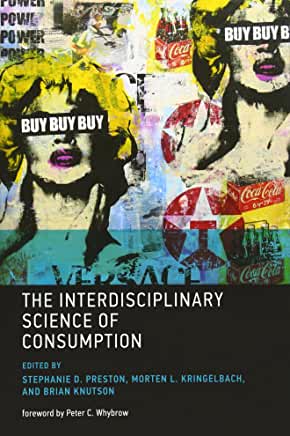
Our drive to consume―our desire for food, clothing, smart phones, and megahomes―evolved from our ancestors’ drive to survive. But the psychological and neural processes that originally evolved to guide mammals toward resources that are necessary but scarce may mislead us in modern conditions of material abundance. Such phenomena as obesity, financial bubbles, hoarding, and shopping sprees suggest a mismatch between our instinct to consume and our current environment. This volume brings together research from psychology, neuroscience, economics, marketing, animal behavior, and evolution to explore the causes and consequences of consumption.
Contributors consider such topics as how animal food-storing informs human consumption; the downside of evolved “fast and frugal” rules for eating; how future discounting and the draw toward immediate rewards influence food consumption, addiction, and our ability to save; overconsumption as social display; and the policy implications of consumption science. Taken together, the chapters make the case for an emerging interdisciplinary science of consumption that reflects commonalities across species, domains, and fields of inquiry. By carefully comparing mechanisms that underlie seemingly disparate outcomes, we can achieve a unified understanding of consumption that could benefit both science and society.
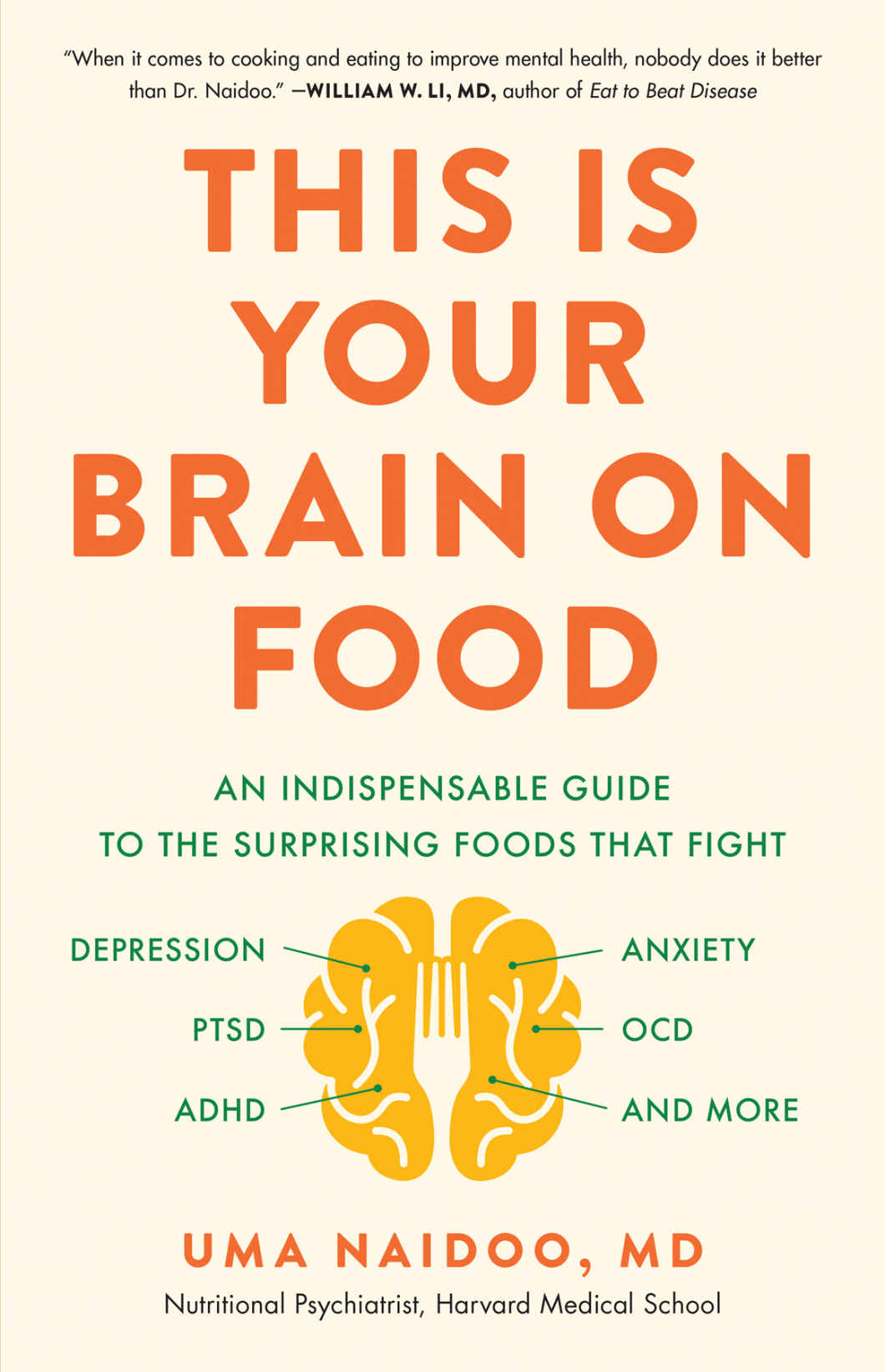
Did you know that blueberries can help you cope with the aftereffects of trauma? That salami can cause depression, or that boosting Vitamin D intake can help treat anxiety?
When it comes to diet, most people’s concerns involve weight loss, fitness, cardiac health, and longevity. But what we eat affects more than our bodies; it also affects our brains. And recent studies have shown that diet can have a profound impact on mental health conditions ranging from ADHD to depression, anxiety, sleep disorders, OCD, dementia and beyond.
A triple threat in the food space, Dr. Uma Naidoo is a board-certified psychiatrist, nutrition specialist, and professionally trained chef. In This Is Your Brain on Food, she draws on cutting-edge research to explain the many ways in which food contributes to our mental health, and shows how a sound diet can help treat and prevent a wide range of psychological and cognitive health issues.
Packed with fascinating science, actionable nutritional recommendations, and delicious, brain-healthy recipes, This Is Your Brain on Food is the go-to guide to optimizing your mental health with food.
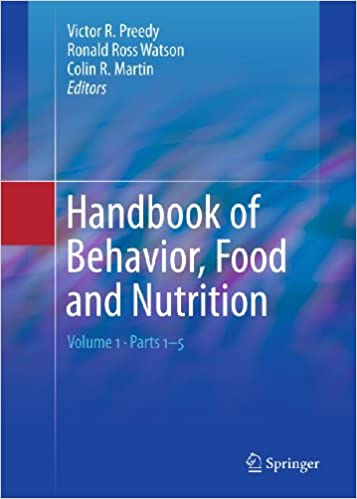
This book disseminates current information pertaining to the modulatory effects of foods and other food substances on behavior and neurological pathways and, importantly, vice versa. This ranges from the neuroendocrine control of eating to the effects of life-threatening disease on eating behavior. The importance of this contribution to the scientific literature lies in the fact that food and eating are an essential component of cultural heritage but the effects of perturbations in the food/cognitive axis can be profound. The complex interrelationship between neuropsychological processing, diet, and behavioral outcome is explored within the context of the most contemporary psychobiological research in the area. This comprehensive psychobiology- and pathology-themed text examines the broad spectrum of diet, behavioral, and neuropsychological interactions from normative function to occurrences of severe and enduring psychopathological processes.
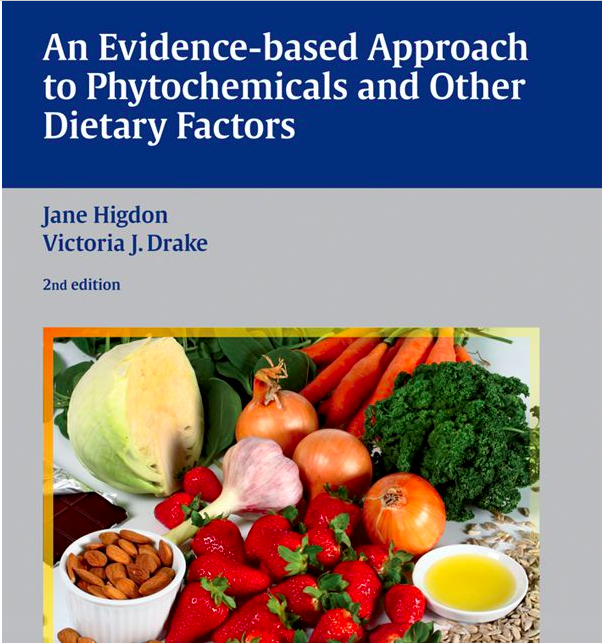
Now in a completely updated second edition, An Evidence-based Approach to Dietary Phytochemicals and Other Dietary Factors is a trusted resource for all health professionals who need to interpret the explosion of information on the role of a plant-based diet in health and disease. It consolidates a wealth of scientifically accurate, peer-reviewed data on plant foods, dietary phytochemicals, and dietary supplements, and includes information on essential intake recommendations, dietary sources, nutrient and drug interactions, phytochemicals in disease prevention, possible adverse effects, and much more.
Special features:
- All chapters revised and updated, with new sections on choline, coenzyme Q10, L-Carnitine, lipoic acid, and other dietary factors
- Logically structured for quick access to information: begins with the evidence-based benefits of fruits and vegetables, legumes, nuts, whole grains, coffee, and tea; and goes on to the scientific and clinical data on individual dietary phytochemicals and classes of phytochemicals, including carotenoids, flavonoids, fiber, and more
- Summaries at the end of each chapter for rapid review
- Peer-reviewed by experts in the field, ensuring that all material is accurate and up-to-date
- The well-constructed appendix includes not only a quick reference to diseases and foods and where to find them in the book, but also useful tables on phytochemical-drug interactions, phytochemical-nutrient interactions, and phytochemical-rich foods; a summary of the glycemic index of dietary carbohydrates; and a comprehensive glossary of terms










